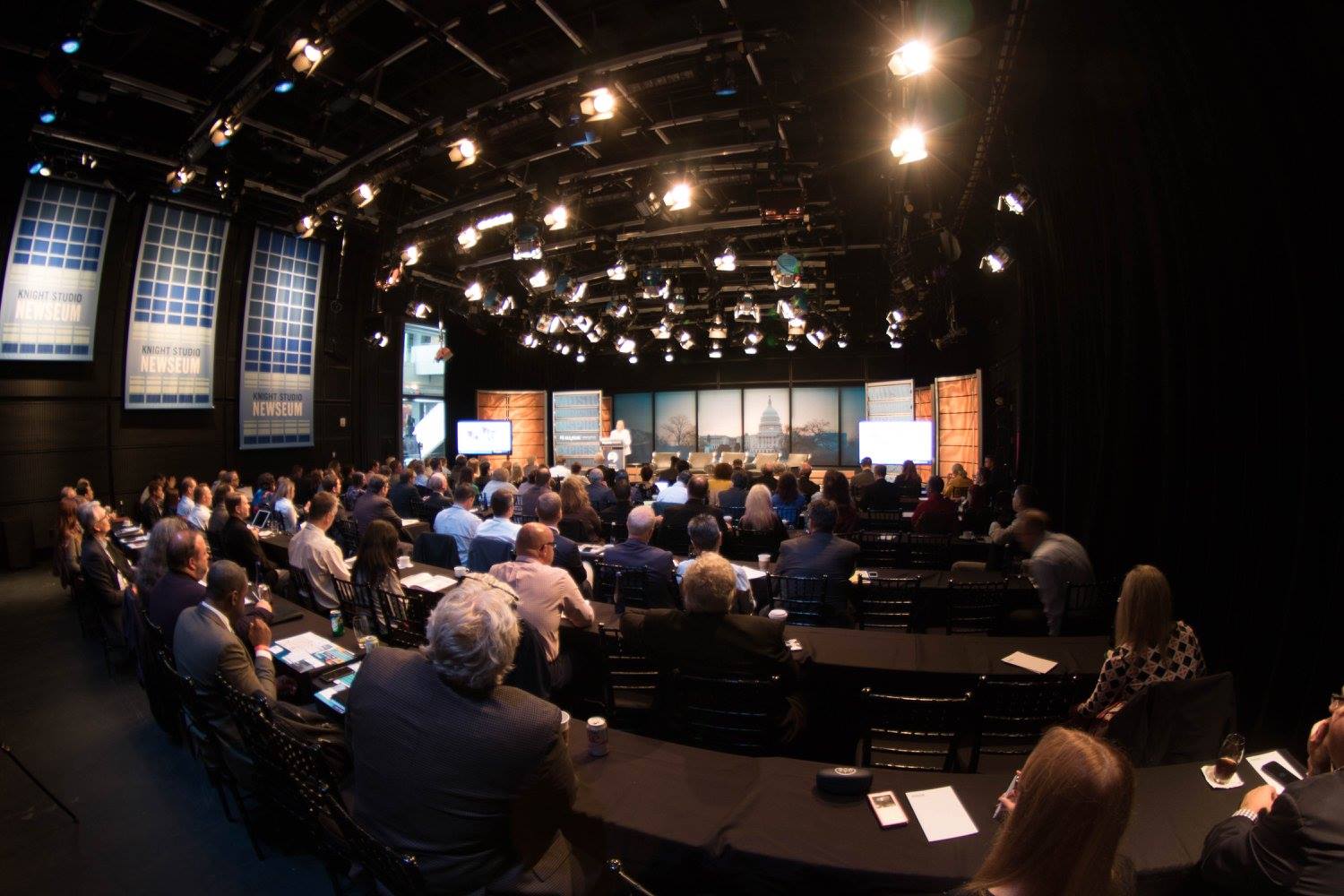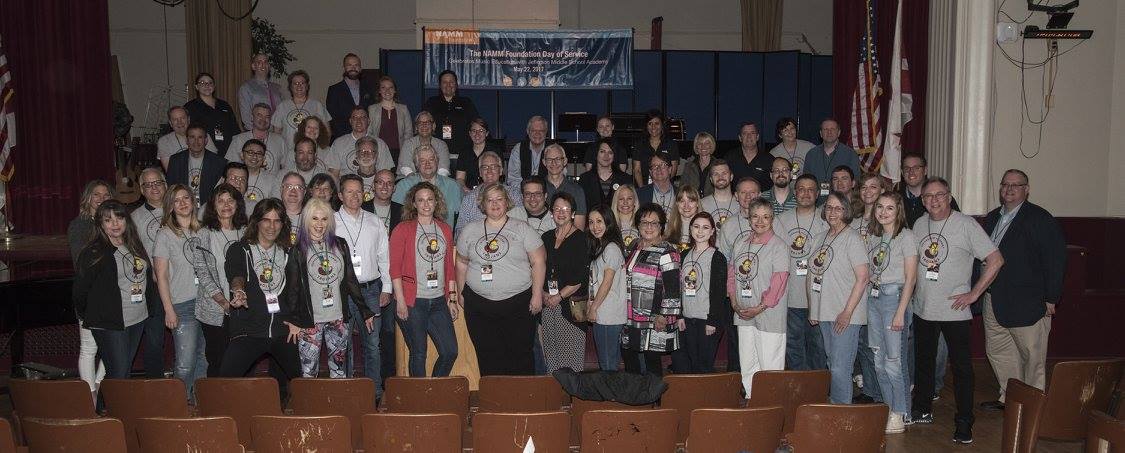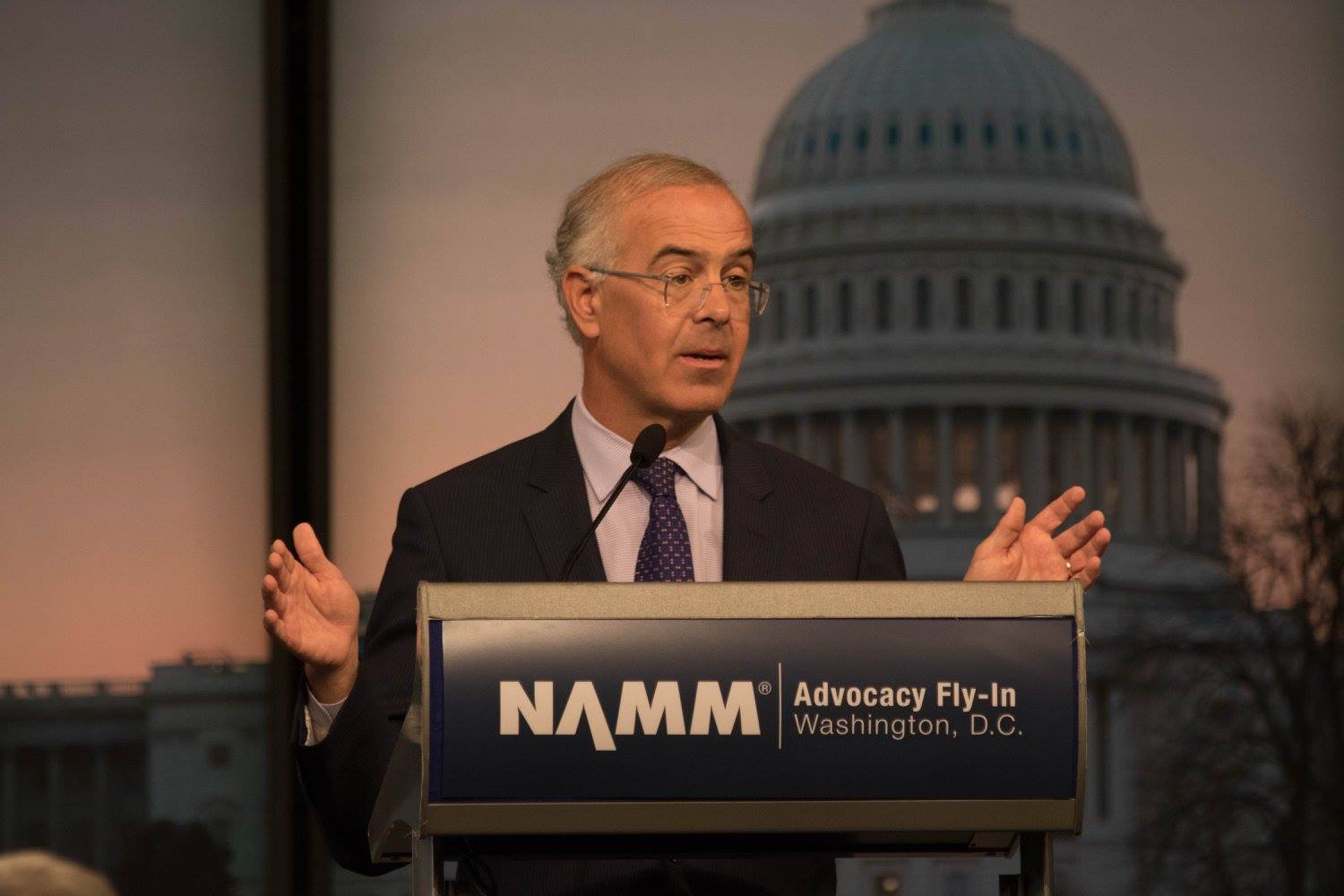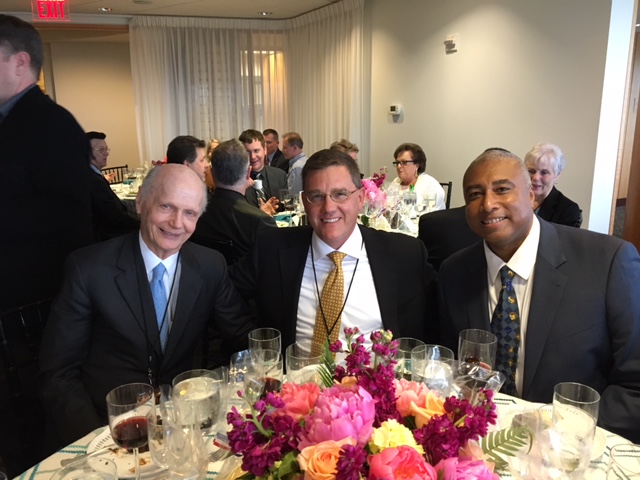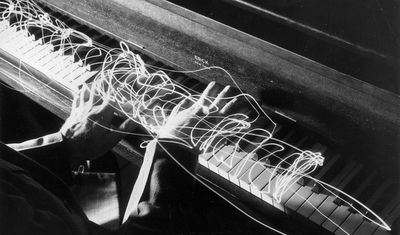Jordan Kitt’s Music was proud to take part in the 2017 NAMM Music Education Advocacy D.C. Fly-In, which was a great success!
The week started with more than 50 NAMM members attending the Day of Service at Jefferson Middle School Academy.
On Tuesday, ninety-eight delegates prepared for their efforts on Capitol Hill by participating in advocacy training at the Newseum and a lunchtime keynote by David Brooks, New York Times columnist and Turnaround Arts artist.
The next day, the Country Music Association, VH1 Save the Music Foundation, and three-time World Series winner, Bernie Williams joined NAMM members for a day of advocacy. Over 170 meetings took place with Members of Congress or their staff to advocate for music education.
(pictured from left to right: former U.S. Secretary of Education Dick Riley, Jordan Kitt’s Music CEO Chris Syllaba, and former New York Yankee Bernie Williams)
Jordan Kitts Music was once again proud to take advantage of this opportunity to work with NAMM to create a larger and more vibrant presence for music education in schools throughout the country.
For more information, visit NAMM.org

